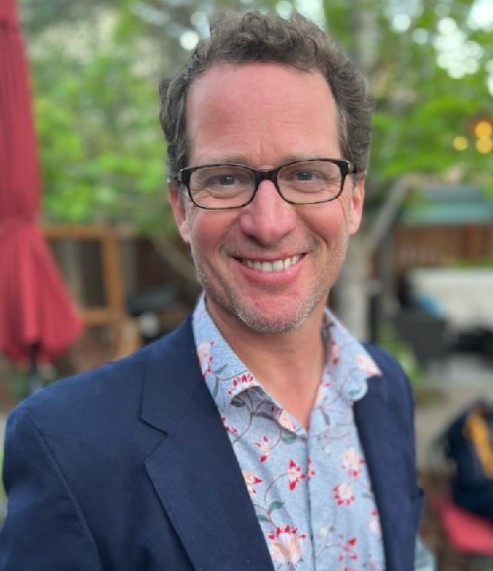
This article is reprinted from The Source Weekly – The Medicine Cabinet Within
With Christmas and the New Year celebrations right around the corner, we have famously turned our attention to gathering with friends, family and coworkers. For those connected with a religious or spiritual path, we share the wisdom, virtues and teachings of our faiths, while for many others it is simply a time for connection and celebration.
What also comes with this season can be a huge spree of buying and giving gifts, and lots of socializing and parties. For some this means stepping into a realm of excess and indulgence that might take the spirit of the season to a place that has the potential to be more harmful than uplifting.
For some, gifts are bought and given in excess — while at best this is a desire to show others that we care and appreciate them, it might also be trying to fill deeper voids or simply giving into the insidious buzz of consumerism. The last-minute tendency to swipe the credit card all over town might be great for supporting our local shops, but perhaps not so necessary for showing our loved ones how much they mean to us.
The notorious indulgence in food and alcohol is also a big part of our culture this time of year, and certainly has the potential to do more harm than good. In the spirit of a good time and celebration, it goes without saying that moderation (and for many, abstinence) is the key to a truly enjoyable holiday season. If the desire for celebration can be balanced with self-discipline, the experience of holiday parties and family gatherings can be tempered with a balance of self-care.
While many of us look forward to this time of year and have the opportunity to gather with friends and family, for others who do not have family or have lost loved ones, this can be a very tough season. If this time of year is one that is more wrought with grief or sadness than gathering and celebration, it becomes even more crucial to turn energy and attention to self-care and self-love.
To turn to the spiritual lessons of the season, we are reminded of the value of love and kindness toward one another, as well as lessons for compassion and mercy. Of course, connecting with others and sharing these values in community is so important, but we must also remember that this communion and connection with others is so much deeper, richer and more meaningful when we are first tending to and taking care of ourselves.
As mentioned, tempering our culturally supported tendency toward gluttony is a great starting point. Including healthier meals and moderating other indulgences will go a long way toward a richer holiday experience. Moderation with alcohol also tends to minimize tension or difficulties that can arise within family gatherings. The famously awkward or tense dinners that can arise with family we only see once a year can almost always be more skillfully navigated with clearer minds.
Finally, if this season brings up anxiety, family tension or feelings of loss or grief, it becomes crucial to simply make time for yourself. Prioritize your own well-being and insist on some time to do some things only for you. In this way, you are truly celebrating some of the most valuable virtues of the season: mercy and compassion (for yourself), and gentleness with all the feelings that exist within.
Be sure this inward focused self-care is also balanced with outward connection with nature and exercise, and celebration of the beautiful place that we live. By tending authentically to your own body, mind and spirit, you will be much more available for joyful connection with the friends and loved ones in your life.
My recommendations for some selfish celebrating during the holidays:
Buy yourself a present (you can say it’s from Santa)
Go into nature on your own—walking, biking, skiing (pray for snow)
Find reasons to laugh — if not at your family and friends, try some Netflix stand-up comedy
Let yourself cry — if this needs support, call your therapist. If you don’t have one, call me — I’ve got some great recommendations.
Appointments with Dr. Phillips are available by calling 541-330-0334 email info@hawthorncenter.com or visit our online request form.

